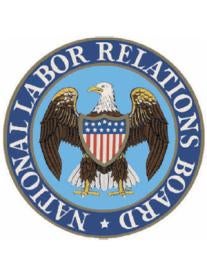Two days after returning from a scheduled congressional recess, senior Republican lawmakers introduced the first legislative challenge to the NLRB’s new joint employer standard, which was handed down last month in Browning-Ferris Industries of California, Inc., 362 NLRB No. 186 (Aug. 27, 2015).
The Board’s decision in Browning-Ferris makes a sweeping departure from 30 years of precedent and broadens the definition of a joint employer to include those entities that exercise direct, indirect or even a reserved right to control the employees of another business. The lawmakers stressed the importance of the legislation in a joint press release, which cautioned that the “NLRB’s new joint employer standard would make big businesses bigger and the middle class smaller by discouraging companies from franchising and contracting work to small businesses.”
The Protecting Local Business Opportunity Act (H.R. 3459, S. 2015), introduced by Chairman of the House Committee on Education and the Workforce Rep. John Kline (R-Minn.) and Senate Health, Education, Labor and Pensions Committee Chairman Lamar Alexander (R-Tenn.), seeks to amend the National Labor Relations Act by defining an “employer” as follows:
Notwithstanding any other provision of this Act, two or more employers may be considered joint employers for purposes of this Act only if each shares and exercises control over essential terms and conditions of employment and such control over these matters is actual, direct, and immediate.
The bills closely track the Board’s previous joint employer standard, which had remained relatively unchanged since 1984. Other efforts supported by the Republican lawmakers to undo recent Board actions include a March, 2015 bill targeted at the Board’s decision in Specialty Healthcare, which split from agency precedent to permit unions to organize “micro” bargaining units, and a legislative challenge aimed at the Board’s “quickie” representation election rule changes, which went into effect on April 14, 2015.
While the proposed legislation is expected to pass the House, and possibly the Senate, it almost certainly will fall to a presidential veto. Despite the setback, the lawmakers are expected to keep up the pressure on the Obama Administration and to challenge what has been touted as the Board’s “pro-union” agenda.






 i
i


